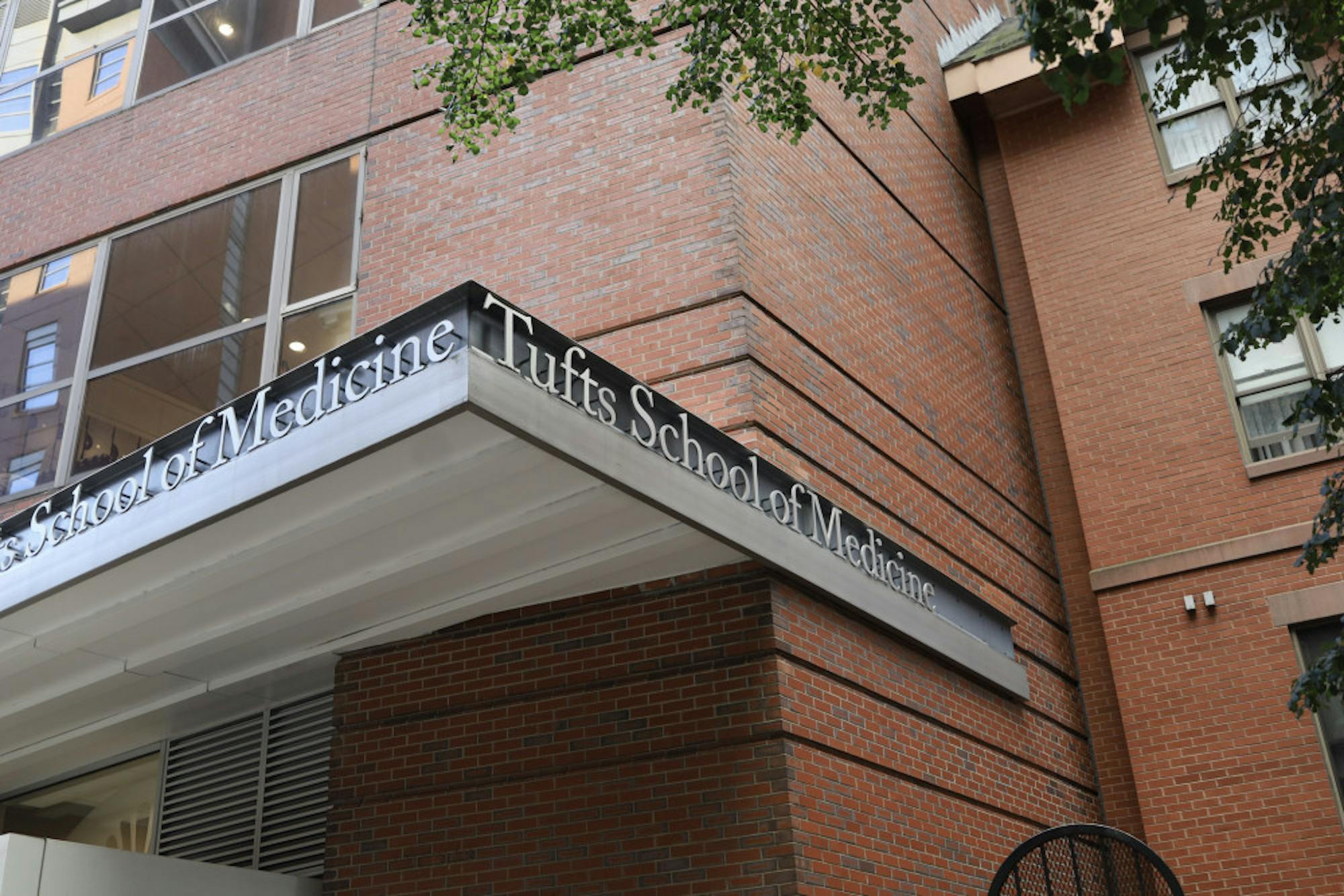The Baker-Polito administration announced a series of emergency orders to address waning hospital care capacity onJan. 14, following a surge of COVID-19 cases statewide. The measures focus on reducing unnecessary emergency room visits andincreasing the flexibility of hospital workers who have been subject to staffing shortages, given the rapid escalation of cases.
The emergency orders include the ability for qualified physician assistants (PAs) to practice independently without the supervision of other physicians and “internal moonlighting,” a measure that allows physicians to provide care for patients “outside of their specialized training program,” according to a press release from the Baker-Polito administration.
“These actions align with or expand upon emergency public health orders issued since March 2020,” the press release said.
Additional measures include increasing the flexibility of staff transfers, lessening staffing requirements forout-of-hospital dialysis centers andexpediting the licensure of foreign-trained physicians.
Jeremy Lechan, media relations manager forTufts Medical Center, explained that Governor Baker’s emergency orders are not likely to have a significant impact on Tufts physicians.
“We are pleased that new physicians can be credentialed a little quicker, but we don’t expect to see major changes,” Lechan wrote in an email to The Tufts Daily.
Lechan noted that some of the measures will increase the ability to onboard staff quickly, which will assist Tufts Medical Center in addressing any potential staff shortages. He said that other emergency actions, such as the ability for PAs to practice independently, will not yield major changes.
“This emergency order is really meant more for PAs at pharmacies or small, independent clinics in the community, where physicians don’t need to be on site and PAs often work independently,” Lechan wrote. “The majority of our 150 PAs work in highly complex areas — such as in the Neuro-critical care unit or the Cardiothoracic unit — where they are supervised by physicians. As a result, we expect very little change or impact on acute care medical centers like Tufts [Medical Center].”
Lechan mentioned that other orders, such as allowing “internal moonlighting,” could have a positive effect on the center.
“We will permit fellows with full medical licenses to sign up as attending physicians and moonlight within our organization, which will help expand our internal medicine and nighttime Medical ICU services,” Lechan wrote.
Lisa LaPoint, assistant director ofmedia relations for the Tufts University School of Medicine, said that the school also has not yet experienced changes due to the emergency orders.
“For MD and PA students, the School of Medicine has not seen any impact yet from last week’s emergency orders,” LaPointe wrote in an email to the Daily.
Lechan said that some of the emergency orders are expected to remain in place through March 31, although he expects the deadline will be subject to the course that COVID-19 cases take.
“Our expectations are that the state will continue to adjust the end dates depending on the current situation, as it improves or worsens — although we are certainly hopeful that the worst is behind us,” he wrote.
Katheleen Conti, assistant director of media relations for the Massachusetts Department of Public Health, explained that emergency orders will remain active until there are reasons to believe that the course of the emergency has changed.
“In general, orders will remain in place until rescinded by the Department of Public Health Commissioner or the public health emergency is terminated,” Conti wrote in an email to the Daily.






